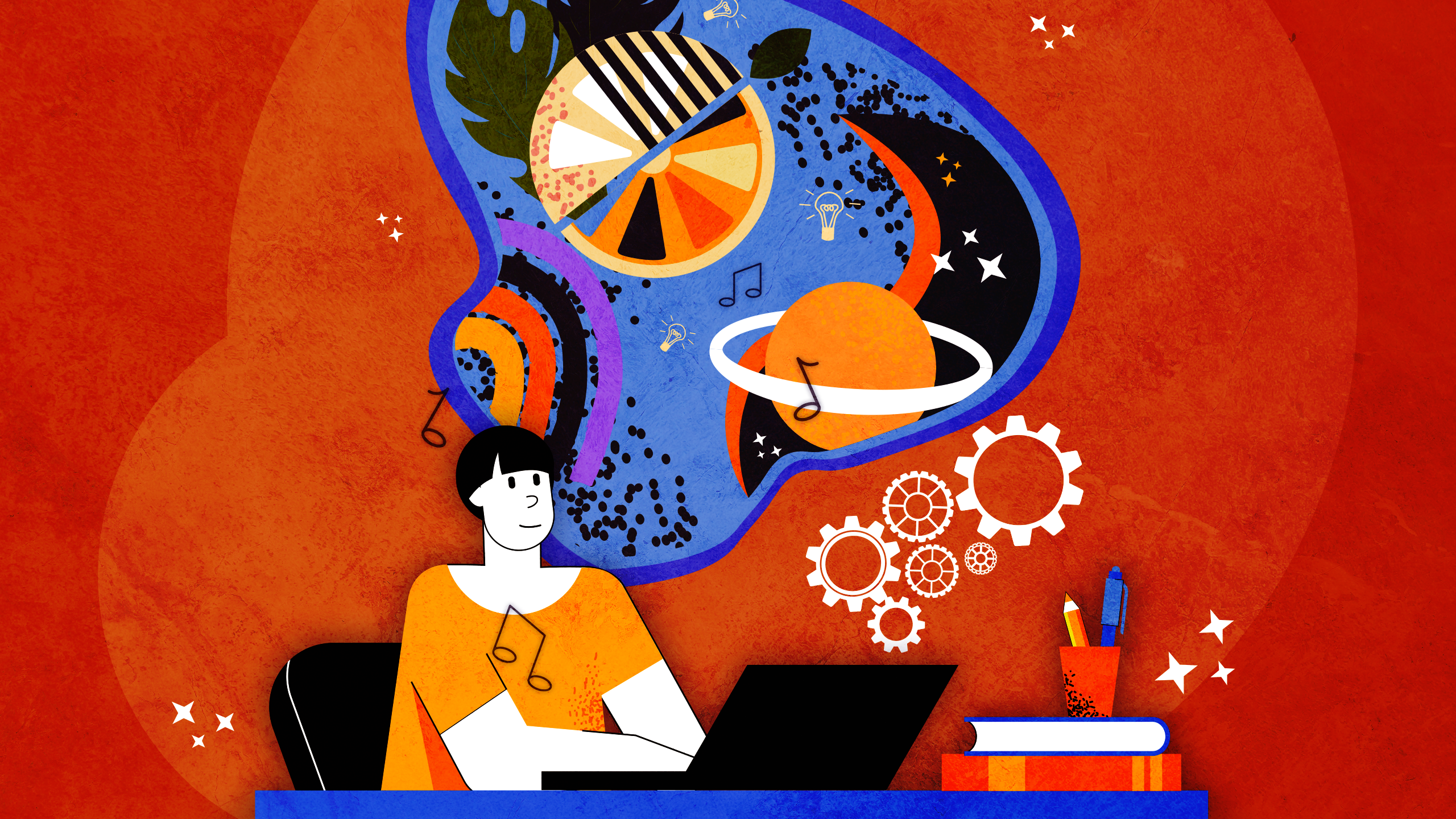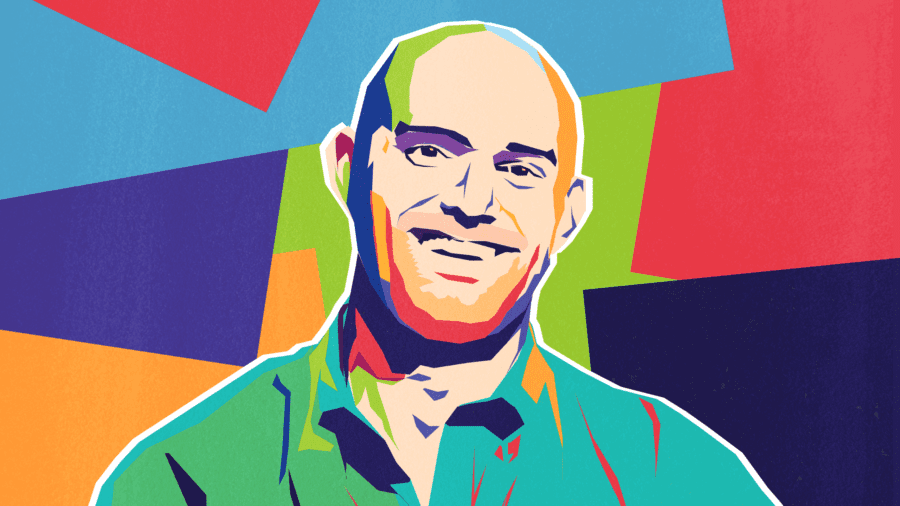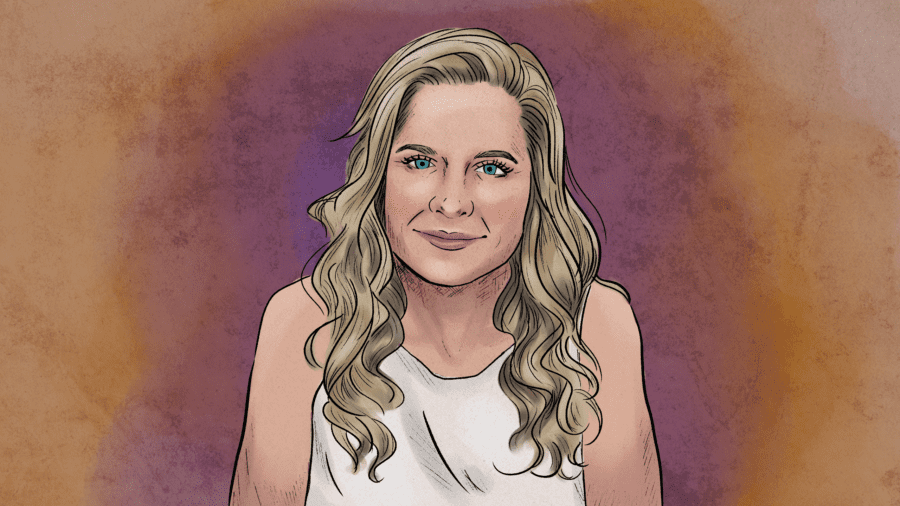
How To Discover Your “Intelligence Type” To Unlock Your Inner Genius
Were you ever required to take an IQ test in school? Did the results of this test make you feel like you fell short of expectations?
For decades, the standard psychological view of intellect states that there is one single type of intelligence, which can be measured by short-answer IQ tests. To put this into a different perspective, think of your brain as a computer.
The idea of singular intelligence implies that humans have one single-purpose general computer which can perform well, average, or poorly — which means your IQ score depends on how well this single-purpose computer performs during the IQ test.
Conversely, Howard Gardner’s Multiple Intelligences theory claims that humans have several independent computers. Within this theory lies the idea that human intelligence is much more complex than one singular computer. Multiple intelligences proposes the concept that strength in one computer is not indicative of strength or weakness in another computer.
If you’ve ever felt like IQ tests were not a fair assessment of your own intelligence, you’re probably correct! By better understanding your intelligence type, you may learn something new about yourself, including the most effective way for you to process information.
Understanding Multiple Intelligences
Universally known as the father of multiple intelligences, Howard Gardner developed this theory in the late 1970s and early 80s.
In addition to holding positions as Adjunct Professor of Psychology at Harvard University and Senior Director of Harvard Project Zero, Gardner received a MacArthur Prize Fellowship in 1981 as well as 29 honorary degrees from various colleges and universities. And he first presented his theory in his 1983 book, Frames of Mind: The Theory of Multiple Intelligences.
Multiple intelligences theory implies two scientific principles.
First, it implies that the intelligences make up the human intellectual toolkit, and all human beings possess the ability to develop each of these intelligences. Every person will have a unique profile because of genetic makeup and environmental factors.
Secondly, the theory implies that every human being has a distinct intellectual profile. For example, identical twins will have similar cognitive profiles, but they will not be identical. Though their genetic makeup may be the same, they each grow to have unique experiences that ultimately change their intellectual profile.
Multiple Intelligences in Education
The implications don’t stop in the scientific community, however. There are educational implications to this theory as well.
The first pertains to what is called individuation. This means that since every person has their own unique configuration of intelligences, every intelligence should be taken into account when teaching, mentoring, and nurturing. Students should be taught in ways that they can learn, and assessed in ways that allow them to show what they have understood and then apply it to areas they’re unfamiliar with.
Secondly, there is pluralization — the idea that subjects should be taught in a variety of different ways regardless of whether the subject is art, math, science, or literature. By doing this, you maximize the reach of your lesson to children who process information in different ways.
The Types of Intelligences
Howard Gardner describes intelligence as a “biopsychological potential to process information that can be activated in a cultural setting to solve problems or create products that are of value in a culture”.
As you read through each intelligence type, try to apply yourself to each category and discover which type you fall into by giving yourself a score of 1 (does not come naturally) to 5 (comes very naturally) for each type of intelligence!
1. Linguistic Intelligence
Also referred to as “word smart,” this type of intelligence pertains to the sensitivity to spoken and written language. More than that, linguistic intelligence also includes the ability to easily learn languages and achieve goals by using language.
A great example of people with linguistic intelligence are writers like William Shakespeare or public speakers like Oprah Winfrey. These individuals possess the ability to analyze information and create products involving oral and written language such as speeches, books, and memos.
2. Logical-Mathematical Intelligence
Think of people like Albert Einstein or Bill Gates — people with high scores in this type of intelligence possess the ability to analyze problems logically, carry out mathematical operations, and investigate things scientifically. A unique trait those with high logical-mathematical intelligence have is the capacity to develop equations and proofs, make calculations, and solve abstract problems.
3. Bodily-Kinesthetic Intelligence
Often referred to as people who are “body smart,” individuals with this type of intelligence possess the ability to use their own bodies to solve problems or fashion products. They have a unique ability to use their own bodies to perform skills or solve problems through a mind-body union.
Notable figures with high scores in this intelligence category include Shaun White and Michael Jordan.
4. Spatial Intelligence
Pilots, surgeons, architects, and graphic designers are all individuals who most likely scored high in spatial awareness. People with high spatial intelligence possess the unique ability to manipulate and recognize large-scale and fine-grained images.
Join In 200 Million+ On The Journey to Greatness
5. Musical Intelligence
Classical composers like Beethoven and Mozart are examples of people with high musical intelligence, but musical intelligence isn’t limited to one particular genre.
This category describes the ability to understand musical patterns, notes, and rhythms, as well as the ability to compose music. Music theory and structure of notes and sounds usually come easy to understand for people with high scores in musical intelligence.
6. Interpersonal Intelligence
This category pertains to the capacity to understand the intentions, motivations, and desires of other people, as well as the ability to work effectively with others. People who score high in interpersonal intelligence usually possess the ability to understand other people’s moods and why they feel certain ways.
Gandhi is a good example of someone with high interpersonal intelligence.
7. Intrapersonal Intelligence
Conversely, intrapersonal intelligence describes people who have a good understanding of themselves. Many people go through life without even taking the time to introspect and examine their own emotions.
However, individuals with high scores in this category have an effective working model of themselves, including fears, desires, and unique abilities. Notable figures with high intrapersonal intelligence include Aristotle and Maya Angelou. And many people who fall in this category pursue careers as therapists, counselors, and psychologists.
8. Naturalistic Intelligence
People with high naturalistic intelligence usually love the outdoors. They have a good understanding of the flora and fauna in their environment, and the classification of different species comes easy to them. Individuals with naturalistic intelligence have an ability to identify and distinguish between different types of plants, animals, and weather formations.
Which Intelligence Type Resonates With You?
When reading through Howard Gardner’s multiple intelligences theory categories, many people will immediately gravitate towards at least one.
If you feel like you may score highly on naturalistic intelligence because you love nature and learning about plants and animals, that doesn’t mean you are declaring yourself a scientific expert on all things nature.
Instead, identifying with one of these categories simply means that your brain understands subjects in this category better than others.
What if You’re Still Unsure?
If you didn’t feel an immediate attraction toward any of these categories, don’t beat yourself up about it.
We know that it can be extremely frustrating to feel unsure of your strengths or where to focus your abilities, especially the older you get. But there’s nothing wrong with you if you’re still having trouble determining which category you fall into. Just know that everyone is unique in their own way, and sometimes it takes time to discover what your intelligence type is.
To get a better grasp on your zone of genius, consider revisiting some of the interests you had as a child. Oftentimes we pick up activities that are most closely related to our innate abilities when we are children.
Were you particularly interested in puzzles or number games as a child? Maybe it’s worth it to revisit some mathematics and logical problem-solving. You never know what may strike a chord with your unique interests and abilities as an adult.
Enrich Your Life
It can be aggravating and defeating to go through your entire academic career unsure of where your strengths lie, but it feels incredible once you figure them out.
Maybe you were terrible at fractions until your teacher helped you visualize the equation by imagining slices of apples instead of numbers. Or maybe you struggled with writing until you wrote a compelling story by creating a graphic or comic.
These are both great examples of how you can reframe your idea of what your intelligences are. You may have gone your entire life thinking you were naturally terrible at a certain subject when really all you needed was to appeal to how you process information.
Whether this theory helped you understand yourself better or if it encouraged you to revisit some favorite childhood activities in an attempt to discover your intelligence type, always remember that you are loved, you are important, and you matter.
Life’s biggest lessons don’t come all at once; they take time and patience!
Greatness Authors
Greatness Authors is a collection of writers, thinkers, curiosity experts, and students of the world who are committed to bringing you the most up-to-date, impactful, and inspiring information surrounding Greatness topics.

Redefining Poetry: How Instagram Sensation Rupi Kaur Showed That Poetry Is for Everyone

The 7 Best Vitamins to Naturally Promote Better, Uninterrupted Sleep According to Shawn Stevenson

The Science of Forming Healthy Habits & Letting Go of Bad Ones, According to Author James Clear

9 Signs You Have Imposter Syndrome at Work and How to Overcome Performance Insecurity

Olympian Yusra Mardini’s Incredible Story of Resilience, Rescue, and Refugee Rights










